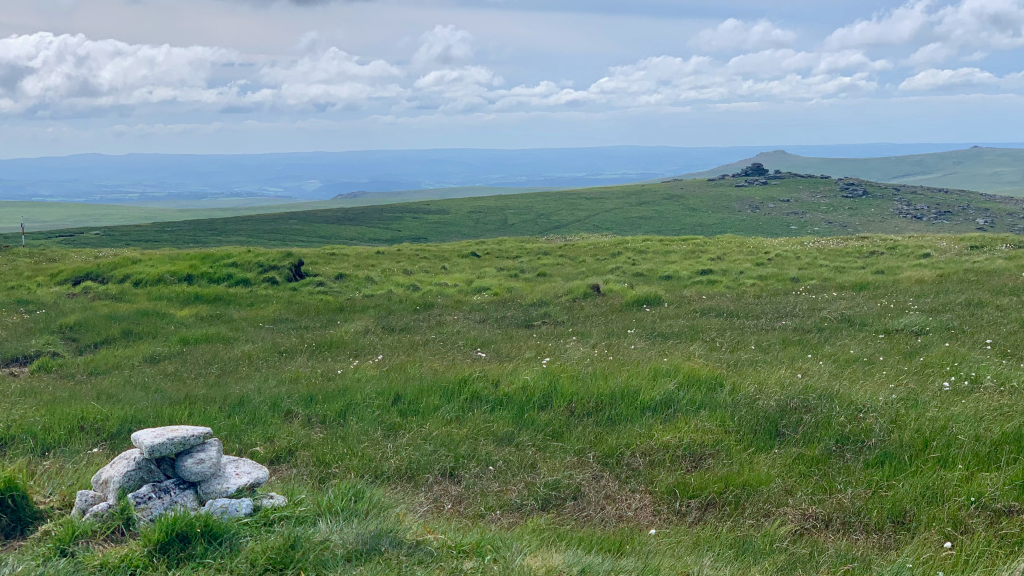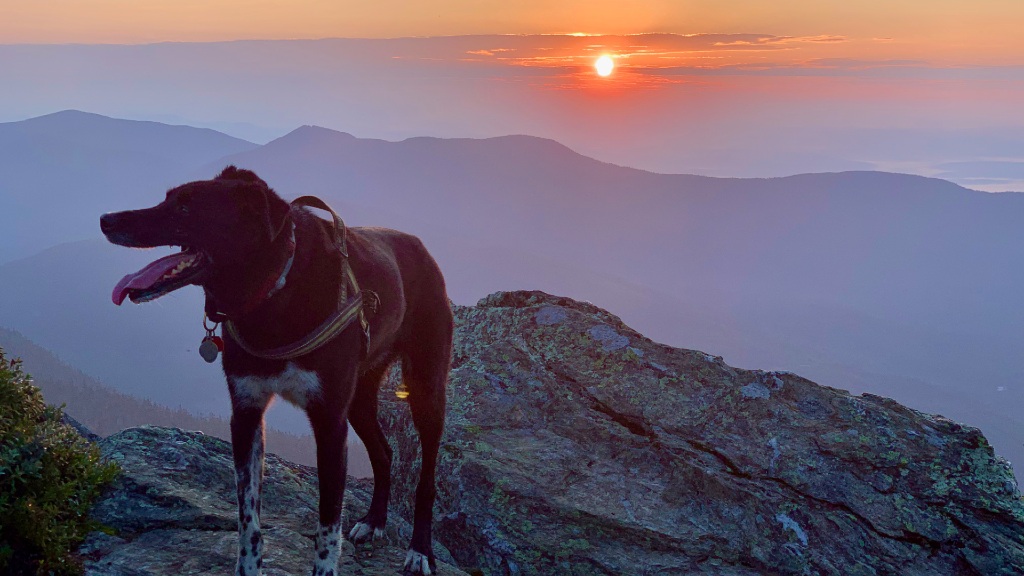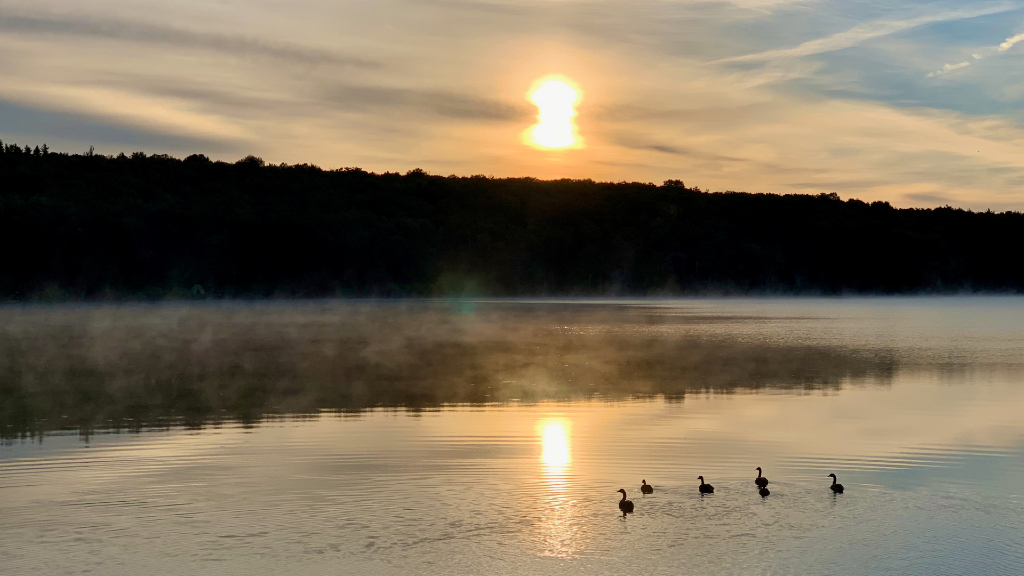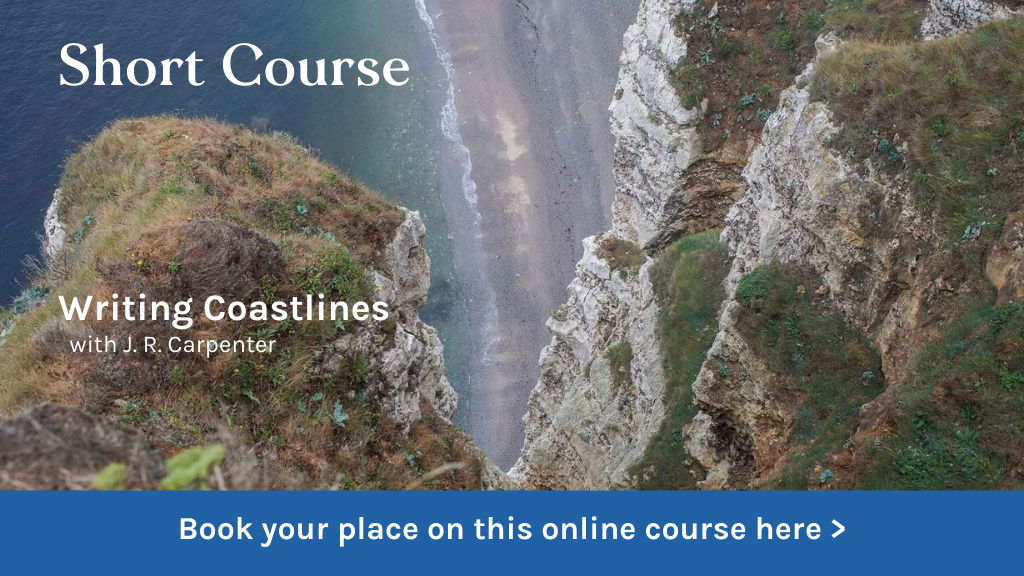Pavel Cenkl, Director of Learning at Dartington Trust and Head of Schumacher College, shares his reflections in the light of recent global events from his perspective as an avid-long distance runner.

From a vantage atop Fur Tor on northern Dartmoor, one can trace a green arc of low hills and vales from blanket bog and mire to wind-swept grasses encircling a scattering of granite tors that is home to the headwaters of many of Devon’s major rivers. This part of the National Park between the high tors to the west and Fenworthy forest to the east is frequented more often by sheep and ponies than by fellow runners or walkers, which is part of why I have come to favour this part of Dartmoor above all others.
The richness of the earth here, to give rise (often within only a few hundred meters) to rivers like the East Dart and the Taw, or the West Dart and the Tavy, is humbling. My trainers are usually well sodden when I arrive, with water that will flow both north to the Bristol Channel and to the English Channel in the south. I’m drawn to this place perhaps because of how earth gives rise to rivers through a slow coalescing of water from the moor; it’s a place where the borders between solid earth and flowing water appear to blur.
And in that blurring I find solace.
Borders — both as ideas and as often hard physical realities — have deeply insinuated themselves into my thinking over the past several months as so many of us have tried to find meaningful and useful ways to grab hold of the multiple global crises we collectively face.
I was recently struck by Achille Mbembe’s articulation that borders are no longer just a “refetishisation of the nation-state,” but rather that we carry borders with us wherever we go. This can be through technologies that identify us, separate us from one another, or limit our interaction with broader communities, but it can also be through the ways we live, our physical appearance, culture, skin colour, and race. Borders can similarly wax and wane as we imagine and reimagine our relationships with the more-than-human world.
Mbembe, a philosopher and public intellectual from Cameroon, sees a potential model for a new global vision of borders in pre-colonial Africa, where “borders were always porous and permeable” and were “deployed as a device to intensify exchanges” rather than separate people from one another. It seems as though many of the challenges facing people around the world today have their origins in how we define, delineate, and reify borders of all kinds.
The scions of global racial inequality and injustice; the impacts, management, and mismanagement of the COVID-19 pandemic; and global climate change all stem from the same deep roots that have been cultivated through centuries of inequity, rampant abuse and violence toward both our fellow humans and the more-than-human world, state-supported barriers to migration and so many other challenges to building regenerative relationships — whether implicit and explicit.
The rapid evolution of global relationships, travel, education, and economies in our COVID-hued reality have had impacts on me, personally, as I’ve been apart from my family in the United States whilst living and working here in Devon. Last week, I travelled back to England from the United States after having visited my wife and son for the first time since January — an unplanned 8-month separation precipitated by the COVID pandemic.
Despite having to navigate the often confusing and changing strictures of quarantine and COVID testing on both sides of the Atlantic, travel was relatively straightforward, smooth, and seemed as safe as travel during a pandemic could be. I absolutely recognise the privilege and opportunity that I had to make a trip that I felt I could put off no longer, and every moment of the trip helped to underscore the importance of the work of my colleagues at Schumacher and Dartington: to rewrite and rebuild more resilient and regenerative relationships with one another and with the world around us. In that work, I am inspired by the recent words of Lyla June Johnston, Indigenous environmental scientist, educator, and community organizer who recently joined us for an Earth Talk: “We each hold a pen. Let us co-author a story of how humanity fell in love with itself and its Mother Earth once again.”

When I arrived back in Devon, it also happened to be the eve of the 52nd anniversary of the Soviet and Warsaw Pact invasion of Czechoslovakia on 20-21 August. My family is Czech, and on that date in 1968, whilst on holiday in Italy, my parents watched on television as Soviet tanks rolled through the streets of Prague and decided not to return home.
It was born largely because of that decision, so even from the very beginning, I’ve had a complicated relationship with borders, both internal and external. Perhaps those roots have guided me to focus my professional and much of my personal lives on humanity’s relationships with the world around us — to explore the boundary between self and world and develop an understanding of nuance, entanglement, and the complexity of our relationship with the more-than-human world.
Borders of one kind or another are in all of us — as we cross them, choose not to cross them, or are not given that choice to make — they define us. In her writing about Mexican, American, Indigenous, and gendered identities, Gloria Anzaldúa challenges her readers to embrace a non-binary perspective and a “tolerance for ambiguity.” Grounding her work in the very language of the borderlands of her girlhood home in southern Texas in the 1940s and 50s, Anzaldúa addresses head-on the problems of duality, binary thinking, and divisiveness that nonetheless continue to blight the roots of our lived experience.
In a recent conversation with Achille Mbembe, Paul Gilroy, Director of the Sarah Parker Remond Centre for the study of Racism and Racialisation at University College London, reflects, “I’m thinking about now is for me the time of the continuum really . . . the continuum of all varieties of life and what we share . . . in our urgent predicament.” Paul Gilroy’s question in their dialogue, “why does philosophical thinking do so badly when faced with a continuum?” — much like Anzaldúa’s insistence that binary border thinking undermines our capacity for relationship building — is perhaps the essential question for all of us as we continue to take on the difficult work of embracing nuance, subtlety, difference, whilst we embrace relationship building in what might be new and unfamiliar ways.
These are incredibly difficult and messy times, and I often feel as though my trainers are perpetually soaked in water from the moor. But that’s really just the first step to take to follow these rivers out to the sea and see how they might connect us all.

Pavel Cenkl is Director of Learning at the Dartington Trust and Head of Schumacher College. Find out more about Pavel on his page on the College website.

